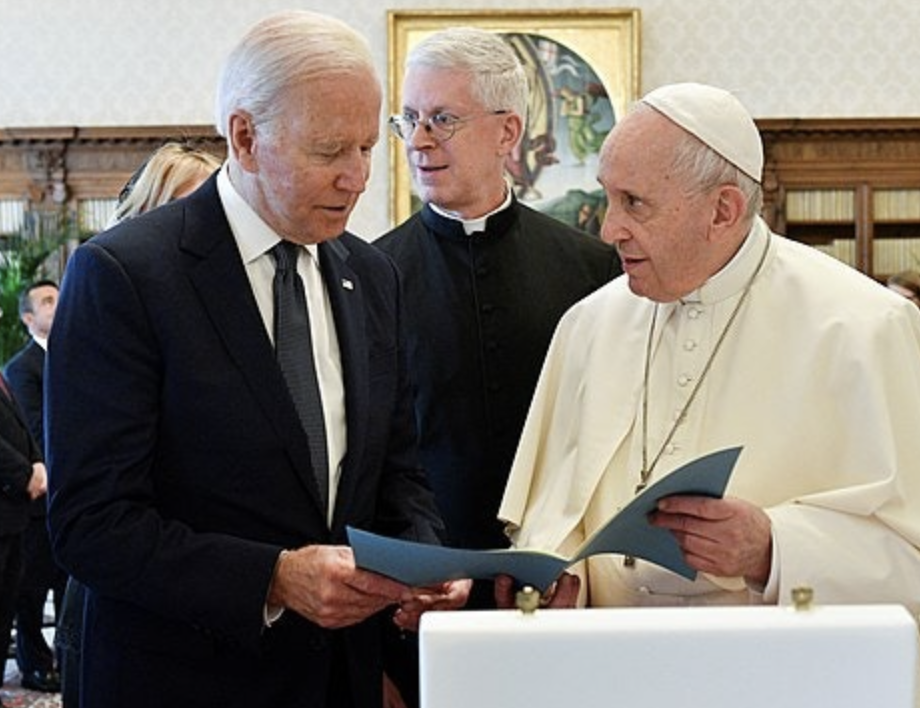The hours after an apparent assassination attempt are a tricky time for social-media humor.
Some readers didn't get the joke when a progressive evangelical offered a hot take on the man with an AK-47 hiding in the bushes beside Donald Trump's golf course.
"This could either be somebody waiting to try to kill the former president or somebody legitimately using his AK as a putter," noted the Rev. Ben Marsh of First Alliance Church in Winston-Salem, North Carolina, on X. Then he added: "Folks, we're talking about Florida here."
As critics circulated the quip, Marsh reposted strong rejections of political violence, including this appeal: "Please protect Trump and ban these guns!!!"
The furor was timely, since Marsh was one of the first to sign "Our Confession of Evangelical Conviction," a new statement urging evangelicals to reject verbal violence in American life.
"Unlike the false security promised by political idolatry and its messengers, the perfect love of God drives away all fear," noted a key passage. "We reject the stoking of fears and the use of threats as an illegitimate form of godly motivation, and we repudiate the use of violence to achieve political goals as incongruent with the way of Christ."
Skye Jethani of the Holy Post Podcast, the document's lead author, tweeted: "The attempted murder of Donald Trump is evil & every Christian should condemn it."
In the bitterly divided evangelical world, any discussion of these issues – such as a confession signed by A-List evangelical Trump critics, as well as some doctrinal progressives – will automatically be framed by the rhetoric of the former president and his boldest supporters. Decades of rapier thrusts by late-night comedians, newsroom warriors and oppo-researchers fade into the past.





